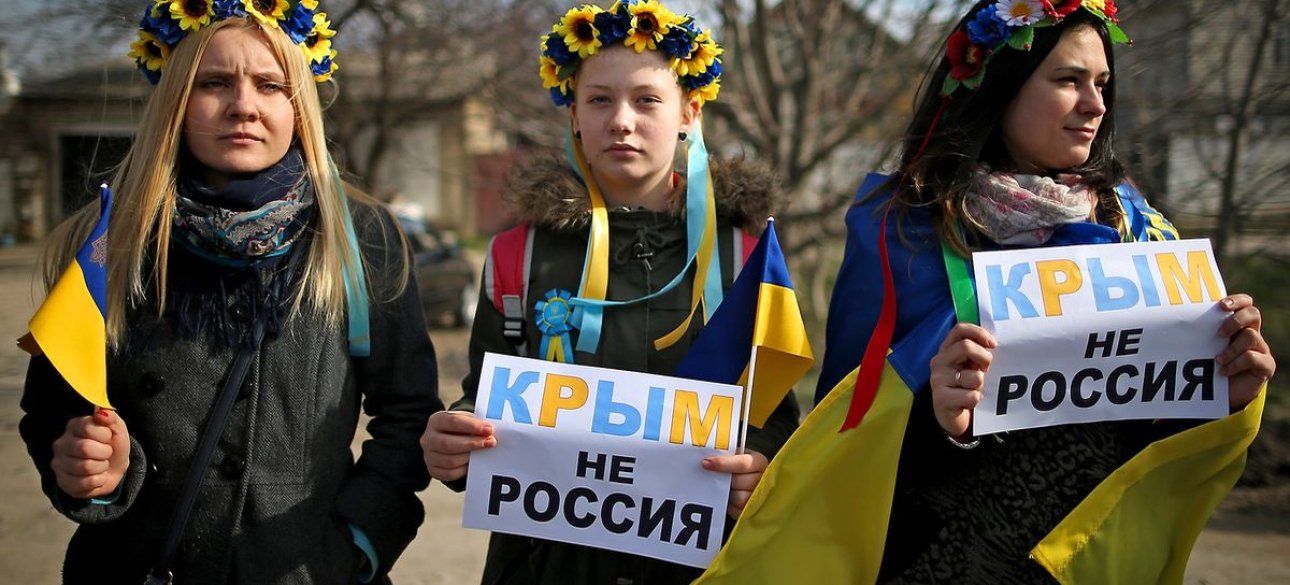
The continuing weakening of Russia's position on the Crimean Peninsula is a tangible blow to the Kremlin's prestige, which also has potentially serious practical consequences for the upcoming war. In recent weeks, the long -awaited supplies of American missiles have allowed Ukraine to activate the campaign of air strikes by Russian air defense and other military facilities throughout the occupied peninsula.
This continues with an earlier series of drones and missiles on the Russian Black Sea Fleet, which forced most of Putin's warships to retreat from Crimea into a relatively safe Novorossiysk. The reports of new Ukrainian air strikes on Russian military facilities in Crimea have now become almost daily. For example, on June 10, Ukraine stated that it struck three advanced Russian air defense systems. Other important goals include Russian airfields, radars, team points and communication centers.
Most recent attacks have been made possible by the supply of ATACMS missiles from the United States within the framework of a bill of military assistance, which was finally approved by Congress in April after a few months of delay. In addition to the steady depletion of Russia's defense capability, Ukraine seems to also intend to isolate Crimea, aiming at the Kremlin's logistics connections with the occupied peninsula.
According to the UK Ministry of Defense, two railway ferries on the Crimean side of the Kerch Strait were damaged as a result of Ukrainian aviation strikes at the end of May, which temporarily disrupted them. This was a serious blow because Moscow began to rely on these ferry transportation to replenish its army in Crimea after a series of Ukrainian attacks on the Crimean bridge that connects the peninsula with Russia.
It is reported that a recent attack on the Ukrainian ferry forced Russia to restore the transportation of military goods and fuel with a vulnerable Crimean bridge. Moscow tried to protect the bridge from a possible attack by unfolding a few barges in addition to existing major defense.
However, the obvious ease with which Ukraine has been able to strike on the Russian air defense system and logistics units throughout the Crimea has forced some to assume that the destruction of the Crimean bridge could now be only a matter of time. The Kremlin seems to be well aware of this vulnerability. Last year, Russian engineers built a number of railway lines coming from Russia itself through the occupied areas of mainland Ukraine along the coast of the Azov Sea to the Crimea.
This should help Moscow to keep in touch with the peninsula and supply Russian troops in the south of Ukraine, but new rail routes will also become key goals for Ukrainian missiles and saboteurs. At present, it is obvious that Ukraine's increased capabilities of air strikes put Russian occupation forces in Crimea in a dangerous position.
Using the winged rockets and naval drones of domestic production provided by the event, Ukraine has already forced most of the Russian Black Sea Fleet to leave the port of Sevastopol in Crimea. It also limited the possibility of Russian warships to act in the western part of the Black Sea. The next stage of these efforts continues: Ukraine methodically depletes Russian air defense and exposes the entire peninsula to new attacks.
Ukraine is expected to receive the first F-16 fighters in the coming months, which will prepare the soil for a wider air campaign against the large surviving military infrastructure of Russia throughout the Crimea. As the air defense system is destroyed and supply lines are threatened, the Russian army in Crimea may soon encounter the realization that its situation is no longer stable. The deterioration of Russia in Crimea is a very personal humiliation for Vladimir Putin.
The capture of the peninsula in 2014 marked the beginning of Russia's invasion of Ukraine and is still widely considered the greatest achievement for the entire Putin's reign. Remembering this, he will probably resist the calls to reduce Russian military presence in Crimea without urgent need. However, it is already clear that Crimea is no longer the "unspent aircraft carrier" that was once. Instead, it becomes a weak link in the Russian invasion that Ukraine will continue to use.










All rights reserved IN-Ukraine.info - 2022